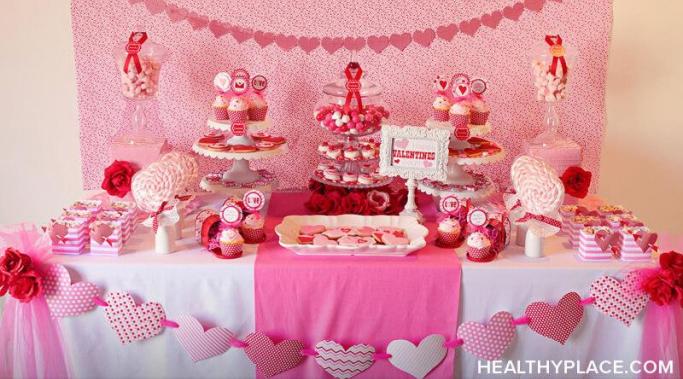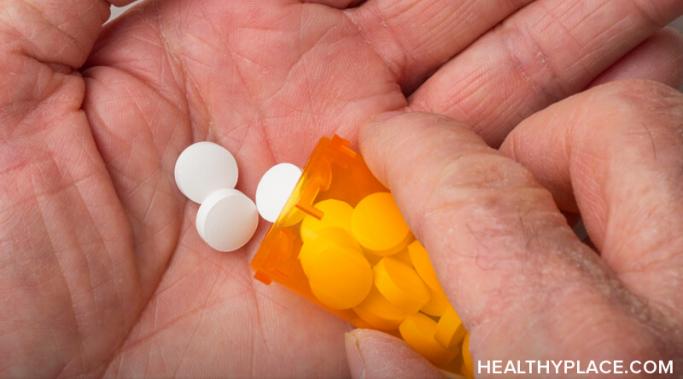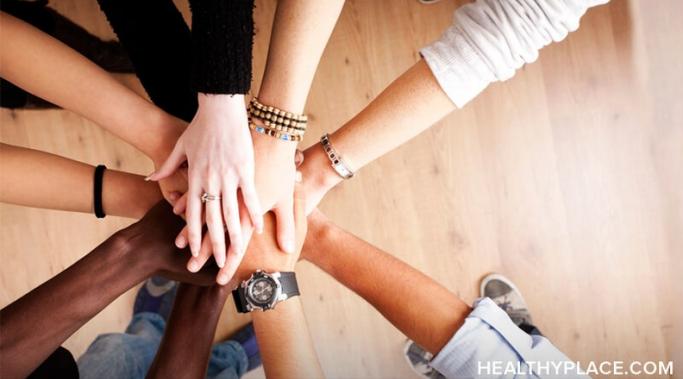Blogs
Valentine’s Day is coming up. As both a schizoaffective and just as a regular person, I have a lot to say about Valentine’s Day, but what I have to say might surprise you.
Broaching a sensitive topic like self-injury can be daunting. On the one hand, talking about self-harm is often an important part of the healing process, but on the other hand, it can feel a bit like trekking across a field filled with landmines. If you're worried about how to talk about self-harm, here's what not to say—and a few suggestions for what to try instead.
The purpose of this post is not to promote or denounce anxiety medication or cannabidiol (CBD), as taking medication and supplements is a personal decision to be made with medical advice. Instead, it's to inform you of a potentially dangerous interaction that not even all medical professionals are fully aware of: CBD is not safe to ingest if you take a medication that carries a grapefruit warning.
Someone commented on a recent blog post about asking for help with low self-esteem and said they could not find support from their friends and family. So today, I will share three resources that helped support me in times when my self-esteem was low.
My family and I have recently dealt with a little problem that pops up randomly and unexpectedly: my little boy with attention-deficit/hyperactivity disorder (ADHD) has been telling lies. He lies about things he would not even get in trouble for if he told the truth, which makes the situation even more frustrating. I started wondering, though, if this behavior is linked to his ADHD. Is there a connection between childhood ADHD and lying, and what can I do to tackle the issue?
When I get stressed out, I clean and organize my stuff. Sometimes I take most of the day to organize all the junk in my room, and very few things help me feel better.
This month, I've had some serious challenges with my mental health, but I've responded to these challenges in much healthier ways than I have in the past, which means I am celebrating small recovery wins. Even if these things might not seem worth celebrating to others, I know that for me, they are a big deal, and I'm going to treat them that way.
This past year was extremely difficult. Many good things happened throughout the year, but my family and I also went through some tough times. As so many recently have, we experienced loss. As a result, I would be remiss if I did not talk about how grief has impacted my anxiety and vice versa. Experiencing loss has made me stop to think about the emotional journey of grief. Furthermore, experiencing loss and the process of grief has taught me how to cope when enduring a deep ocean of emotions, which can be difficult to surface from.
My name is Kelly Epperson, and I am very excited to join HealthyPlace as a contributor to the "Coping with Depression" blog. I suffered from postpartum depression after the birth of my children in 2012 and 2014. I will be sharing my experience with this illness and strategies that helped me cope.
It's critical to have a support system when you have bipolar disorder. Support systems, in fact, are very important for every person, but they're even more so when you have a serious mental illness. But the questions people sometimes ask are what is a bipolar support system, how do I get one and how do I use it.









